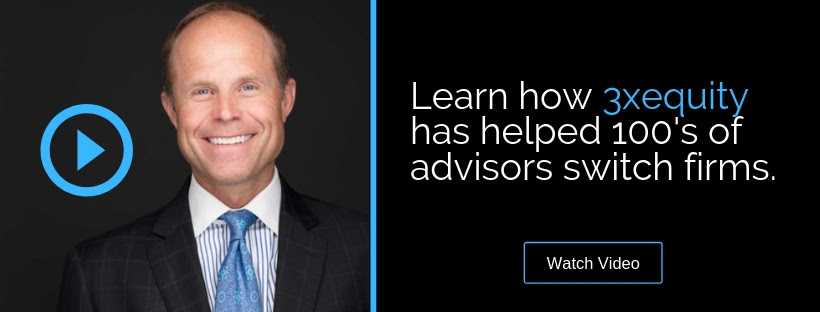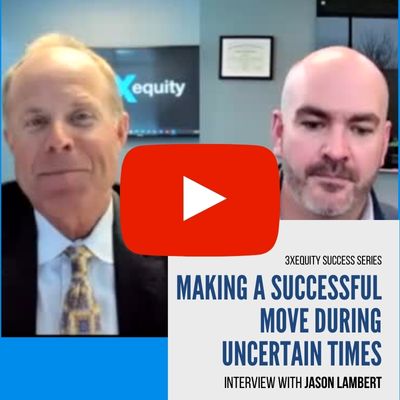You can’t help but smirk a bit at this kind of news. Morgan Stanley and UBS engaging in a TRO pillow fight in Oregon after three weeks of an initial ‘emergency order’ was filed barring an advisor from engaging his clients via traditional phone and email channels. Wire on wire crime at its finest.
The backstory goes like this:
“A federal judge has refused to extend an order she put in place three weeks ago blocking a Morgan Stanley broker who joined UBS from soliciting clients he had inherited from a retired broker.”
“Judge Ann Aiken of the U.S. District Court in the District of Oregon on Wednesday denied Morgan Stanley’s request to extend a temporary restraining order against David J. Sayler, writing that the firm failed to prove it would suffer “irreparable harm” from his using allegedly proprietary data in violation of his employment contracts.”
“If Sayler is found to have violated the 2017 and 2019 Agreements by soliciting covered client accounts, the loss to Morgan Stanley is likely more financial than reputational,” Aiken wrote. “Such harms can be redressed by damages…and are not, therefore, irreparable.”
Smart judge. The legal games being played with the in and out again protocol within wealth management isn’t useful to clients or firms. The specter of UBS and Morgan Stanley paying lawyers to fight it out over a temporary TRO extension and to be denied with the truth of the lack of ‘irreparable harm’ is rich. The idea that irreparable harm can be done to either firm when one advisor transition to a different firm in Oregon is laughable – and that’s how the just saw it. Both the advisor and his clients and now free to do as they wish.
This story is yet another example of the wrong-headed version of the protocol and non-compete and non-solicit language. It is a cage, pure and simple. A cage for investors and a cage for advisors. Executives at either firm see it differently, but the vast majority of the industry sees the ill-will more often associated with it than not.
Nobody wins in these petty legal battles. Not clients, not advisors, and not the reputation of the firms involved.




